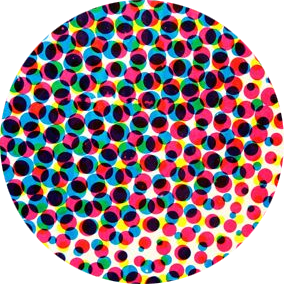Concluding The Vision

As Sequential Scholars’ study of The Vision comes to an end, let’s discuss the ending of the series *SPOILERS AHEAD* and the way the anticlimactic resolution of the story might be seen to resolve the key themes and morals that “The Vision” explores. 1/10

In the finale, Vision absolutely dismantles the entire Avengers squad on his way to fulfill his promise that “I am here to visit Victor in his cell. Then I will kill him for killing Vin.” In opposing the Avengers for his personal revenge, Vision occupies the villain role. 2/10


After working his way to Victor, however, Virginia beats him to the (heart-)punch. She takes full responsibility and convinces everyone that she was responsible for Vision going rogue – that he was acting against his will. 4/10

From there, driven by a prophecy of the future and her own ongoing existential crisis, she takes her own life, despite Vision begging her not to. She rejects the life he created for her/them, yet also gives everything to protect it for the sake of him and for their child. 5/10

The series ends with Vision sending his daughter, Viv, off to school before sneaking down to the basement to resume his experiments, all the while singing “Row Your Boat” ending with the now terrifying refrain “life is but a dream” in the final panel. 6/14

And, finally, the existential horror of the new status quo looms on the horizon: Vision is an Avenger again and will spend, presumably, the rest of his life working alongside teammates that he betrayed, shielded by the lie Virginia has sold them. 7/10

He will bury his frustration and anger at being treated like an android and he will smile and go save the world all over again, but as the final page makes clear, Vision has cracked – his commitment to reality is lost and he’s learned very little. 8/10

King has stated, “The great theme of the story is integration – how you try to be both an individual and fit in with society.” Thus, leaving the series as he does might suggest that fitting in is an act of distortion – a potent desire built on minor (or major) atrocities. 9/10

In the end, the story represents the many haunting ways that we submerge ourselves in society: our fears, angers, and desires. Like Vision, we embrace the narrative and assume a role in society that may or may not be sincere. It’s again quite dark on an existential level. 10/10
